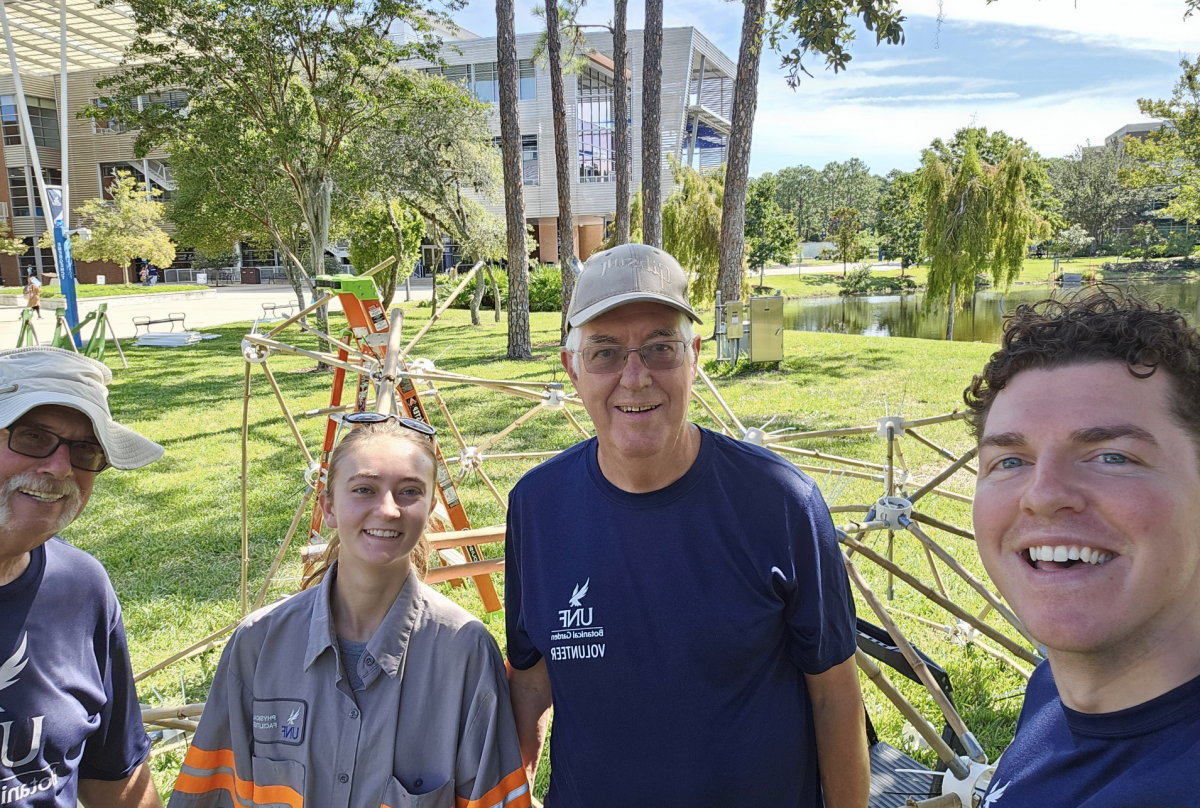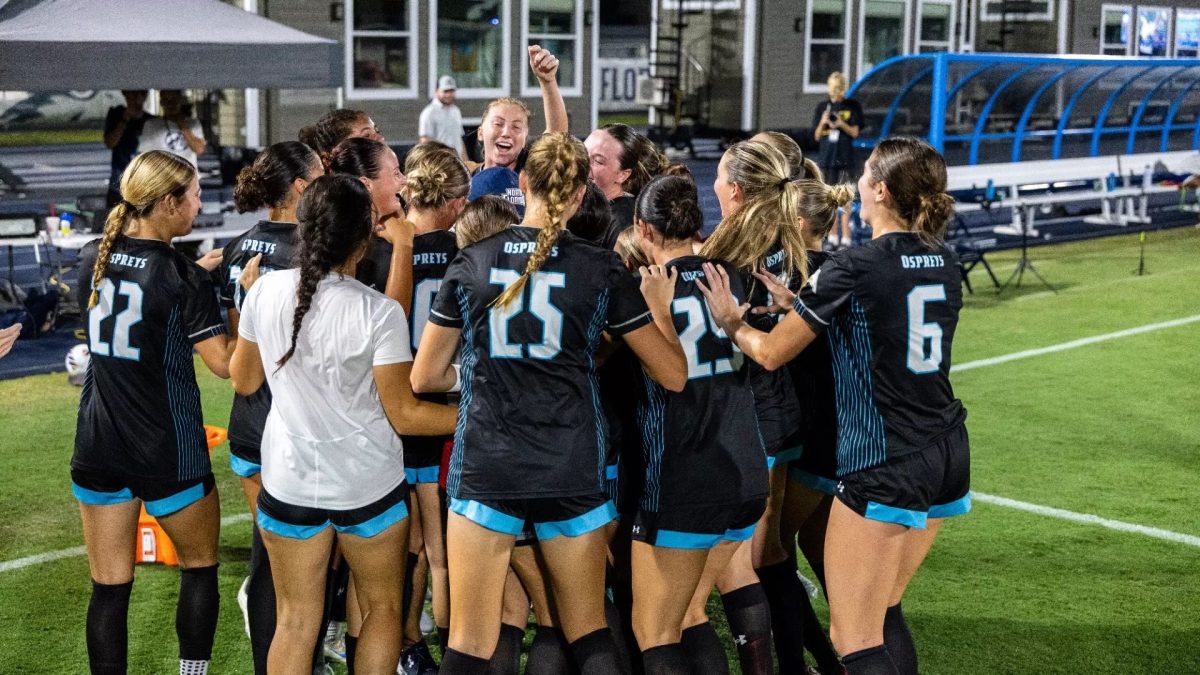Earlier this month, Texas’s new abortion law went into effect after the Supreme Court declined to block it. This is, as of writing, the most restrictive abortion law currently in effect in the country. It outright bans the procedure after six weeks, among many other restrictions. For qualified insight, Spinnaker reached out to Adrienne Learner, UNF professor and Pre-Law director with a specialty in constitutional law and judicial politics.
Lerner explained how this is a large step for the anti-abortion movement in America. She explained how the Supreme Court’s decision to decline to block the Texas law is a sign that the Supreme Court precedent of Roe V Wade (1973) is in danger. As to what that danger may entail, whether it be the full rollback of that landmark case, or something less severe, remains unknown.
“2021 has been the most active year for anti-abortion legislation since 1973,” said Lerner.
She elaborated how this will signal other states to pass similar, if not harsher, legislation, many of whom have been waiting for years to heavily restrict the procedure. In regard to that, Lerner also explained how Texas’s law was not actually the strictest introduced. Two years ago, Alabama actually introduced an even stricter law, but it has been held up in court.

More locally, Florida is also one of the states that might look to follow suit after Georgia. However, according to Lerner, this would be much more difficult to get through court, compared to other states. She explained how this is due to a clause in Florida’s Constitution. The argument at the center of the Roe V Wade decision, and by extension abortion rights in the entire United States, is an implicit “right to privacy” in the U.S. Constitution.
What makes Florida different from most other states, is that, in its State Constitution, it contains an explicit “Right of privacy” clause. Because of that, Lerner predicts that any similar laws passed in Florida would definitely face an uphill battle in state courts.
Spinnaker also reached out to the Women’s Center here at UNF, who had this to say:
“Time Frame: People who menstruate have cycles that typically last 28 days or four weeks. Six weeks isn’t enough time for a menstruating person to identify a missed period, so someone may not even know they are pregnant at this point.
- Roe v. Wade: This law is a direct violation of Roe v. Wade: those who are pregnant have the right to terminate the pregnancy before the fetus becomes viable. Also, states do not have the right to regulate abortion decisions.
- Abortion Bans are about power, control, and manipulation, and not about saving lives.
Other Areas to consider:
- Greater Health Risks : Taking away legal abortion will not stop everyone from getting abortions. It will likely increase dangerous at-home abortions. This law also disproportionately affects marginalized communities and those without access to money, time off work, transportation, etc. to seek services outside of Texas.
- There is misuse of the term “heartbeat” in the law. “Doctors acknowledge that while the term “heartbeat” is not medically precise in early pregnancy, it is commonly used with patients to describe electrical or cardiac activity.”
- Forcing anyone to have a child they can’t afford is a problem and creates systemic issues.
- The United States leads in infant mortality rates and death during birth.
- This law allows civilians to file a civil lawsuit against anyone who assists in an abortion. There is no limit to how many citizens can file/join a lawsuit(s). This places medical and health care providers at severe risk.”

“People have strong feelings on this one way or another,” Lerner closed.
___
For more information or news tips, or if you see an error in this story or have any compliments or concerns, contact editor@unfspinnaker.com.
















